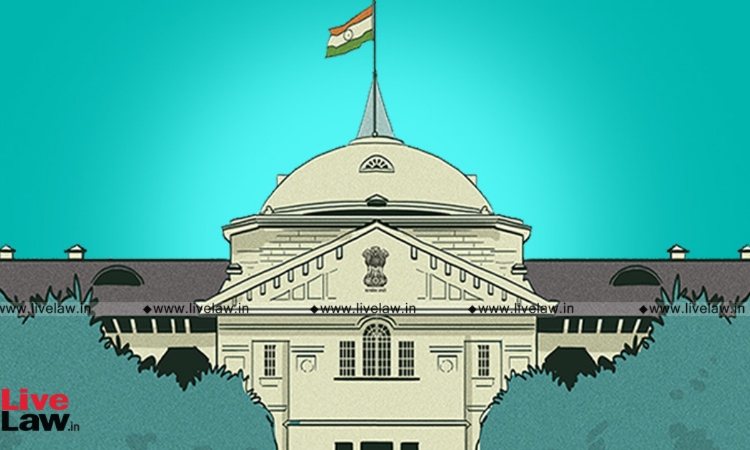Typo Error In E-Way Bill, Penalty Can't Be Imposed If There Is No Intention To Evade Tax: Allahabad High Court
Upasna Agrawal
9 Jan 2024 2:25 PM IST

Next Story
9 Jan 2024 2:25 PM IST
The Allahabad High Court has held that a minor typographical error in the e-way bill without any other material establishing an intention to evade tax will not attract a penalty under Section 129 of the Goods and Service Tax Act, 2017.Placing reliance on the decision of Allahabad High Court in M/s. Varun Beverages Limited v. State of U.P. and 2 others, the judgment of Supreme Court in...
